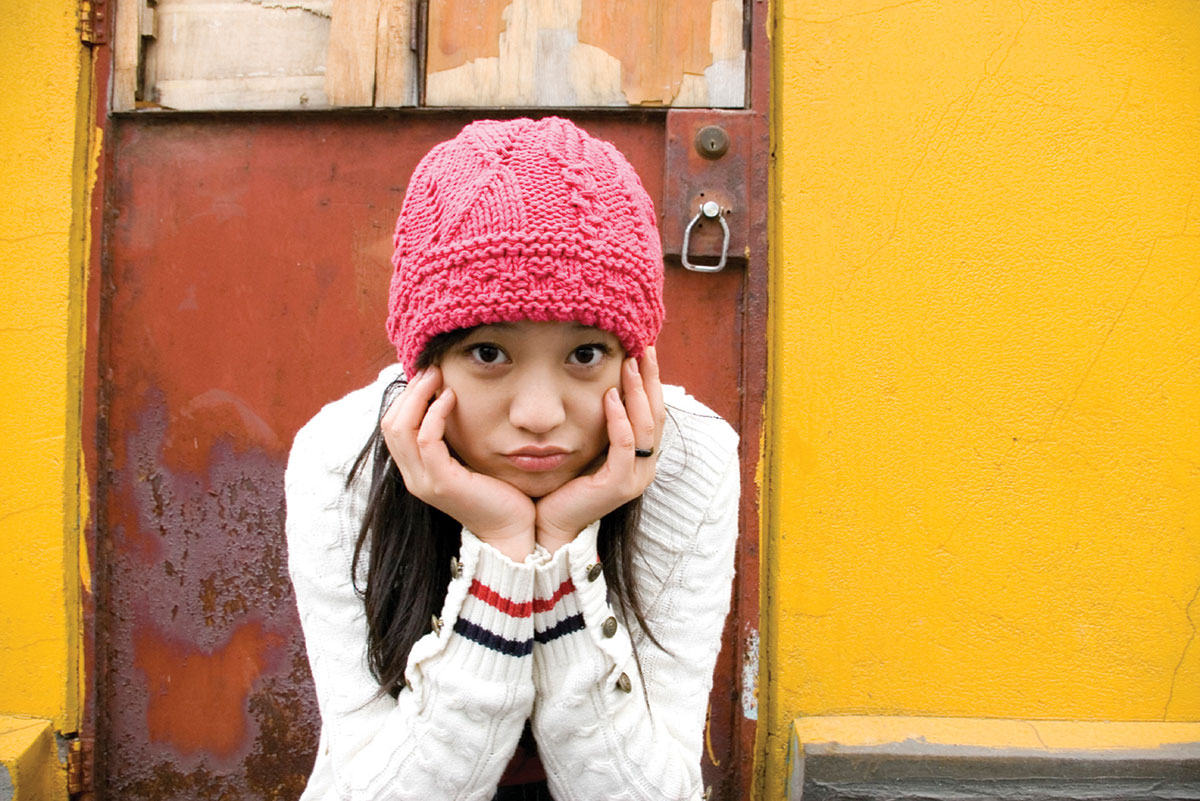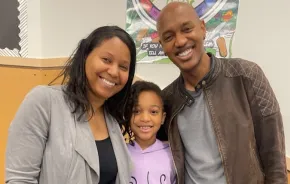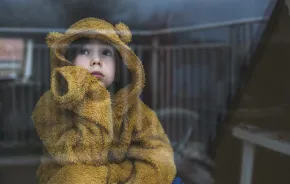The first time my oldest had a friend dilemma, she kept it to herself until she exploded in fury at the thought of going to school. I told her we would ask her teacher to help, and this childhood expert walked us through the experience. “Don’t worry, Mom,” the teacher said. “Third grade is the year these things start happening, but I got this.”
During third, fourth and part of fifth grades, children build more primary relationships and the phrase “best friend” takes on importance, says Julie Metzger, cofounder of Great Conversations (greatconversations.com), which offers classes on such topics as friendship, puberty and parenting. “Those friendships are your own choice for the first time; your parents haven’t done this work for you. There is an opportunity to be disappointed and hurt.”
Around this age, your child is starting to develop her identity and naturally gravitates to different people to explore this, says Kirsten Cullen Sharma, Psy.D., assistant professor of child and adolescent psychiatry at NYU Langone Medical Center. “Experiences with different people help them to develop their identity and help clarify what kind of person they want to be. A friend might get mad when their friend is starting to hang out with someone else, and this is a normal reaction,” she explains.
As children enter middle school, they are thinking about sameness and reestablishing group identity, Metzger says. “Because it is the time with the most physical developmental difference, what else would you want but to create sameness? Kids are figuring out how to attach to a group safely, and how to detach safely and how to be autonomous.”
Keep your ears open
It’s a relief to know that there are tangible ways to help when your child is enmeshed in friendship drama. “One key message to remember is the power of listening. You don’t have to fix everything,” says Lawrence J. Cohen, Ph.D., a licensed psychologist and coauthor of Best Friends, Worst Enemies: Understanding the Social Lives of Children. “The reason they clam up is [that] we lead to problem solving too fast. When they are 9, 10, 11 and 12, if we try to solve the problem, we are going to make it worse. Say, ‘I don’t want to fix this, but I want to hear about it.’”
What if your child is obviously suffering but isn’t ready to talk? “Respect that your child has a different orientation and doesn’t want to talk,” says Rachel Simmons, author of Odd Girl Out: The Hidden Culture of Aggression in Girls and cofounder of the Girls Leadership Institute. “While you’re in the car or in the kitchen doing something, so the conversation is casual, try saying, ‘I know something is up, and I can see you are upset. I want you to know that I am here and I really want to listen, and if you need me to not even say anything and to just hear it, I will.’”
Simmons recommends thinking of new ways to communicate, such as email or texting. “Every parent should ask: ‘Is there any reason my kid doesn’t want to talk?’” she says. “Kids have weird ideas of what we are going to do when we hear what they have to say.”
Be the change you wish to see
 After listening, consider next steps. “One thing that really helps at this age is not having all your eggs in one basket — having a second social group outside of school, in your neighborhood or church group or with cousins. This helps take the sting out of it when trouble arises,” Cohen suggests.
After listening, consider next steps. “One thing that really helps at this age is not having all your eggs in one basket — having a second social group outside of school, in your neighborhood or church group or with cousins. This helps take the sting out of it when trouble arises,” Cohen suggests.
And don’t forget to model healthy relationship behavior. “You really have to think to yourself, ‘Am I being the very best community member and friend? Have I extended grace to someone on our community? Did I say yes to something outside of my comfort zone?’” Metzger says. “We as grown-ups can’t control these situations where our kids are working out issues with friends, but we can control if we become better people.”
Of course, don’t expect your child to start making new friends immediately after a primary friendship ends. “If they are not ready to get back in the saddle and make new friends, honor that. They don’t have to do it on your timetable,” says Cohen.
When my own daughter was in the midst of her friendship woes, she asked me, “When does it get easier?” The clear answer was that learning how to navigate relationships is a lifelong task. But she didn’t need an answer, she just needed my compassion.
“Being able to accept that sometimes people will disappoint you — and you can still love them and move on in a relationship — takes a long time to learn,” Simmons says. “Our children need real authentic communication, but with boundaries. Avoid getting emotional about your own friend betrayals, but let her know she’s not alone.”
This leads to the most vital piece of advice I heard while researching this story: “‘I’m not having the same experience as you’ — knit that on a sampler. Our children come to us with their pain, and we add our own unresolved pain,” Cohen says.
While you may want to tell your child all about your own terrible fifth-grade year, sometimes the best form of empathy is keeping quiet. This is their story, not yours. But maybe someday, just like you, they will live to not tell the tale to their own kids, too.












